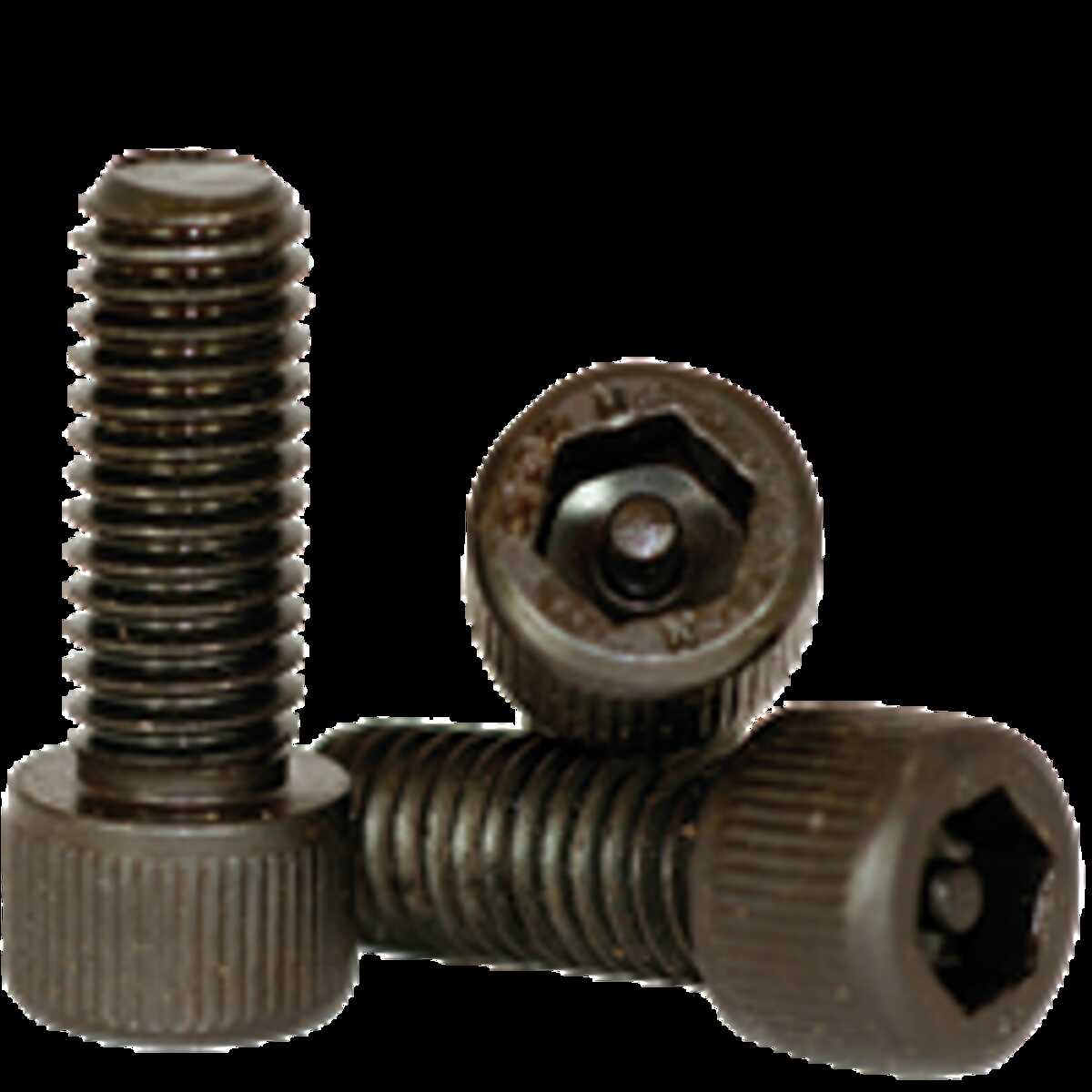Socket cap screws – baut & mur, often referred to as socket head cap screws or simply socket screws, are a type of fastener that features a cylindrical head with a recessed hexagonal drive hole. These screws are commonly used in various construction applications due to their strength, durability, and the ability to provide a secure and tight connection. Here, we explore the key aspects of socket cap screws and their usage in construction.
Design and Features
Socket cap screws are designed with a cylindrical head and a hexagonal recess, which requires a hex key or Allen wrench for installation and removal. This design offers several advantages:
Compact Head: The cylindrical head is smaller compared to other types of screws, allowing for use in confined spaces.
Hex Drive: The hexagonal recess provides a better grip and reduces the risk of slipping, allowing for greater torque application without damaging the screw head.
Strength: Typically made from high-strength materials such as stainless steel, alloy steel, or titanium, socket cap screws are capable of withstanding high levels of stress and load.
Applications in Construction
Socket cap screws are widely used in construction for various purposes, including:
Structural Assemblies: They are used to join steel beams, frames, and other structural components, providing strong and reliable connections.
Machinery and Equipment: These screws are essential in the assembly and maintenance of construction machinery and equipment, ensuring parts are securely fastened and can withstand heavy use.
Fixtures and Fittings: Socket cap screws are employed in the installation of fixtures and fittings such as railings, brackets, and handrails, offering both strength and aesthetic appeal.
Concrete and Masonry Anchoring: When used with appropriate anchors, socket cap screws can effectively secure objects to concrete or masonry surfaces.
Advantages Over Other Fasteners
The use of socket cap screws in construction offers several benefits over other types of fasteners:
High Tensile Strength: Socket cap screws provide superior tensile strength, making them suitable for applications that require strong and durable connections.
Neat Appearance: The flush or slightly recessed head provides a clean and professional look, which is often desirable in visible applications.
Ease of Installation: The hex drive allows for quick and easy installation and removal, reducing labor time and costs.
Corrosion Resistance: When made from stainless steel or treated with protective coatings, socket cap screws offer excellent resistance to corrosion, extending the lifespan of the construction.
Considerations for Use
When using socket cap screws in construction, several factors should be considered:
Material Compatibility: Ensure that the screw material is compatible with the materials being joined to prevent galvanic corrosion.
Load Requirements: Choose the appropriate size and grade of screw based on the load and stress requirements of the application.
Installation Tools: Use the correct hex key or Allen wrench size to avoid damaging the screw head and ensure a secure fit.
Thread Engagement: Ensure that there is sufficient thread engagement in the mating material to achieve the desired strength and security.
Conclusion
Socket cap screws are a versatile and reliable fastening solution in the construction industry. Their high strength, compact design, and ease of installation make them an excellent choice for various structural, machinery, and fixture applications. By selecting the appropriate size, material, and installation method, construction professionals can ensure strong and durable connections that enhance the safety and longevity of their projects.

